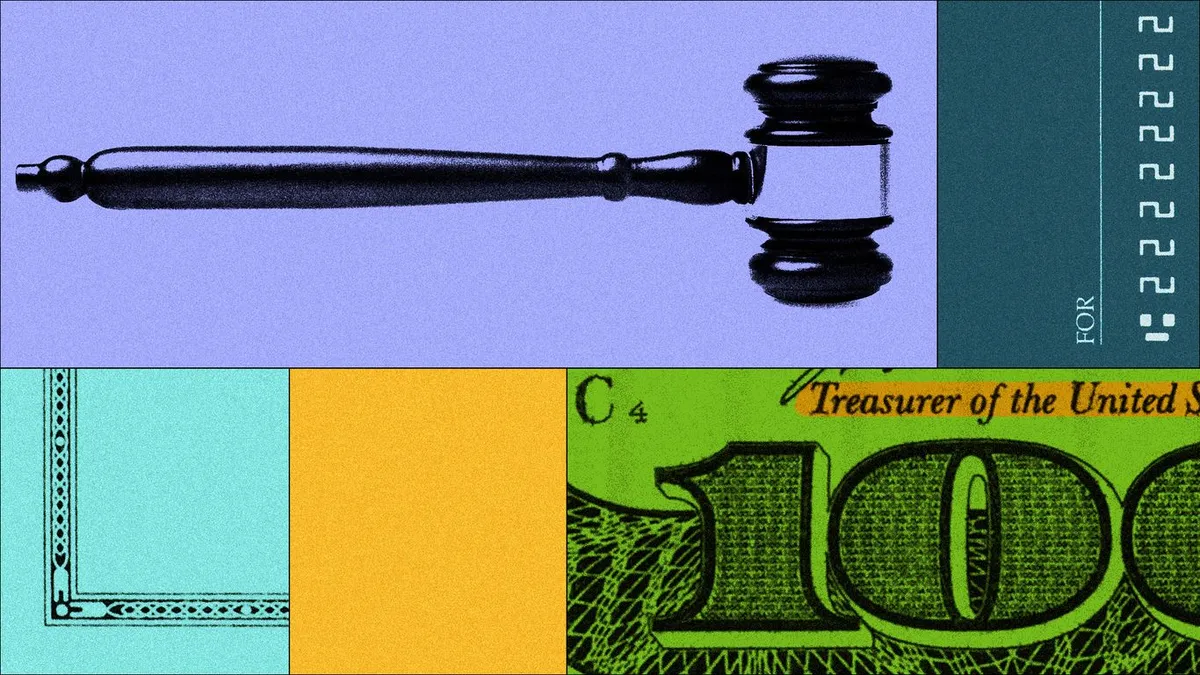
The centerpiece of President Trump's economic agenda is facing significant challenges due to the billions generated for the U.S. government from tariffs. This situation raises important questions about the constitutionality of these policies. Understanding the implications of these tariffs is crucial, not only for the economy but also for the legal framework governing presidential powers.
President Trump and his administration have consistently claimed that their approach has strengthened the nation's fiscal position by generating substantial tariff revenue. While the increase in government funds might appear beneficial for reducing the federal deficit, it could pose a serious problem regarding the constitutional authority under which these tariffs were imposed.
During oral arguments on Wednesday, justices of the Supreme Court, including some conservatives, expressed skepticism over Trump's authority to unilaterally impose tariffs that function as taxes. Chief Justice John Roberts emphasized that while Congress has granted the president certain powers to handle foreign policy, the power to impose taxes on Americans has always rested squarely with Congress. This distinction raises significant questions about the legitimacy of the tariff policies in question.
Justice Sonia Sotomayor pointed out that the law primarily underpinning Trump's tariffs permits the outright banning of imports but does not explicitly allow the president to raise revenue through tariffs. This interpretation highlights a fundamental legal issue: can the president use tariffs as a means to enhance government revenue?
Solicitor General D. John Sauer, representing the government, argued that the main purpose of the tariffs was to regulate foreign commerce, borrowing language from the International Emergency Economic Powers Act. He characterized these tariffs as regulatory rather than revenue-generating, asserting that any revenue raised is incidental to their primary function. Sauer further argued that these policies would be most effective if they did not generate revenue at all, stating, "If no one ever pays the tariff, but instead they direct their consumption domestically, that directly addresses the crisis."
Experts suggest that the government's argument may be weakened by the administration's own rhetoric. Robert Shapiro, a partner at Thompson Coburn and chair of the international trade practice, noted that the Solicitor General's assertion that tariffs would be most powerful without raising money is difficult to reconcile with President Trump's statements about the revenue generated from these tariffs.
Reflecting on past remarks, Trump claimed during a speech on Liberation Day that the tariffs would raise "trillions and trillions of dollars" to reduce taxes and pay down the national debt. Such statements, made prior to the implementation of the current global tariffs, have come under scrutiny as the Supreme Court evaluates the legality of these actions.
Given the skepticism expressed by the Supreme Court, it appears increasingly likely that the highest court may impose limitations on Trump's expansive trade agenda. As the legal debate continues, the implications of these tariff policies will be closely watched, not only for their economic impact but also for their constitutional validity.